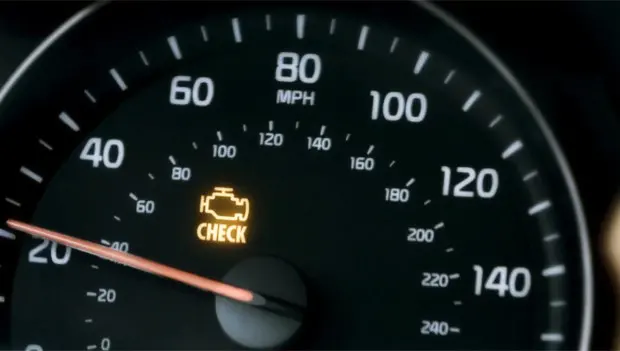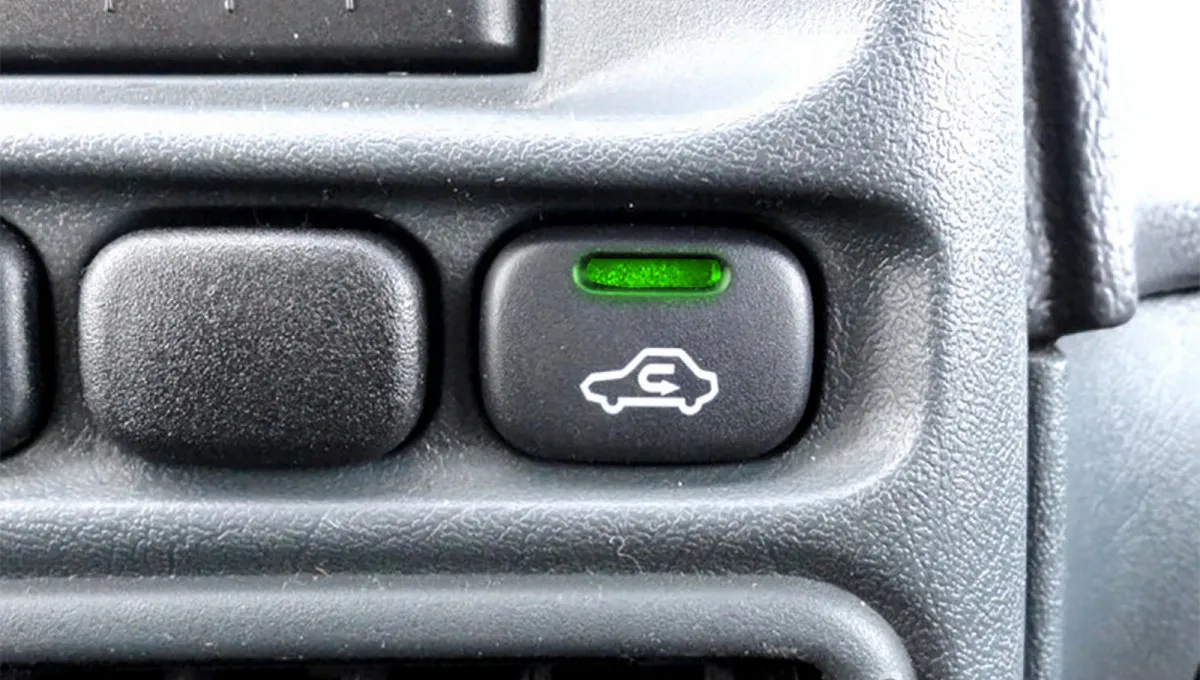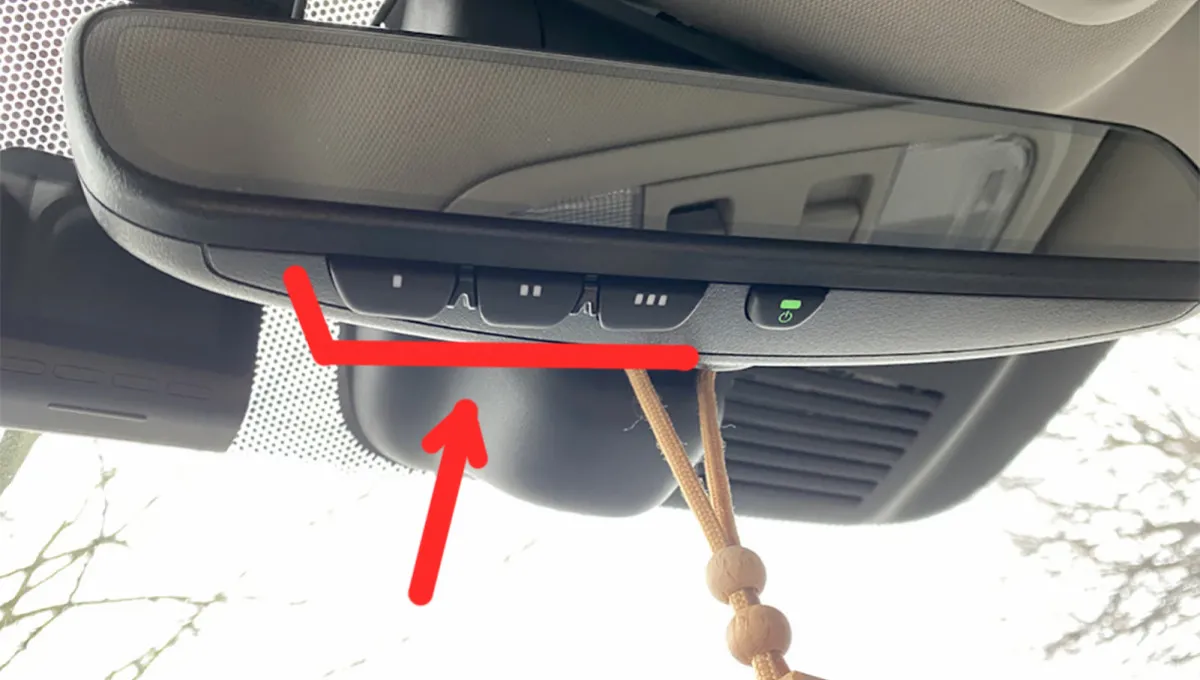After an Engine Wash, the “Check Engine” Light Came On: When It’s No Big Deal — and When You Should Brace for Repairs
Washing the engine bay is something many car owners approach with caution — and for good reason.

Cleaning your car’s engine compartment is one of those tasks that make many drivers nervous — and not without reason. Once water gets under the hood, it can sneak into the smallest gaps and crevices, no matter how carefully you try to protect the engine and its components. Achieving a perfectly sealed system is nearly impossible, so a few drops — or even a small stream — of moisture may end up on connectors, plugs, or electrical joints. This isn’t necessarily a disaster if the job is done carefully, but the results can vary.
It’s fairly common for the “Check Engine” light to turn on right after an engine wash. That’s not always cause for alarm. In most cases, these warnings go away on their own once the car has had time to dry out. Sometimes all it takes is a bit of patience — give the electronics a chance to return to normal operation, and no further action is needed. But occasionally, moisture lingers in hard-to-reach areas, and that’s when the situation can become more serious.
If the engine starts running rough after the wash, misfires occur, or the car refuses to start, it’s time to dig deeper. Moisture that lands on metal surfaces can lead to corrosion, which is especially dangerous for electrical contacts and connections. Rust disrupts conductivity, and over time, the car may lose the ability to start altogether. Even if everything looks fine from the outside, irreversible damage may already be happening beneath the surface.
The battery also deserves special attention. If water mixed with dirt or traces of electrolyte gets onto the terminals or near the battery housing, it can create what’s known as a secondary electrical circuit. That can cause the battery to discharge rapidly, and restoring it afterward isn’t easy. In such cases, waiting for it to dry won’t solve the problem — thorough cleaning or even replacing damaged components might be necessary.
In short, washing your engine can be beneficial — but it requires care and awareness of the risks. If warning signs appear afterward, don’t postpone inspection or repair. Sometimes the fix is as simple as drying things out, but in other situations, only a professional can help. It’s better to anticipate potential problems than to deal with a major breakdown at the worst possible moment.
You may also be interested in the news:

Military Tech in Your Car: 9 Systems That Came Straight From Defense
Many groundbreaking human inventions were originally developed for weapons and military technology before being adapted for civilian use.

Don’t Press This Button in the Rain — Here’s What Happens
Many drivers aren’t entirely sure what this button in their car actually does.

How to Keep Leather Car Seats From Cracking: The Costly Mistakes I Learned the Hard Way
Among car owners who obsess over keeping their interiors spotless, one very common mistake can quietly ruin leather seats.

Drivers’ Horoscope for the Week of February 24–March 1: All Zodiac Signs
This week unfolds under the influence of retrograde Mars, which lasts through March 25.

Three Mysterious Buttons on Your Rearview Mirror: Many Drivers Don’t Know What They Do — or How to Use Them
Inside your car are features many drivers spend years guessing about — until they accidentally press one of those mysterious buttons.